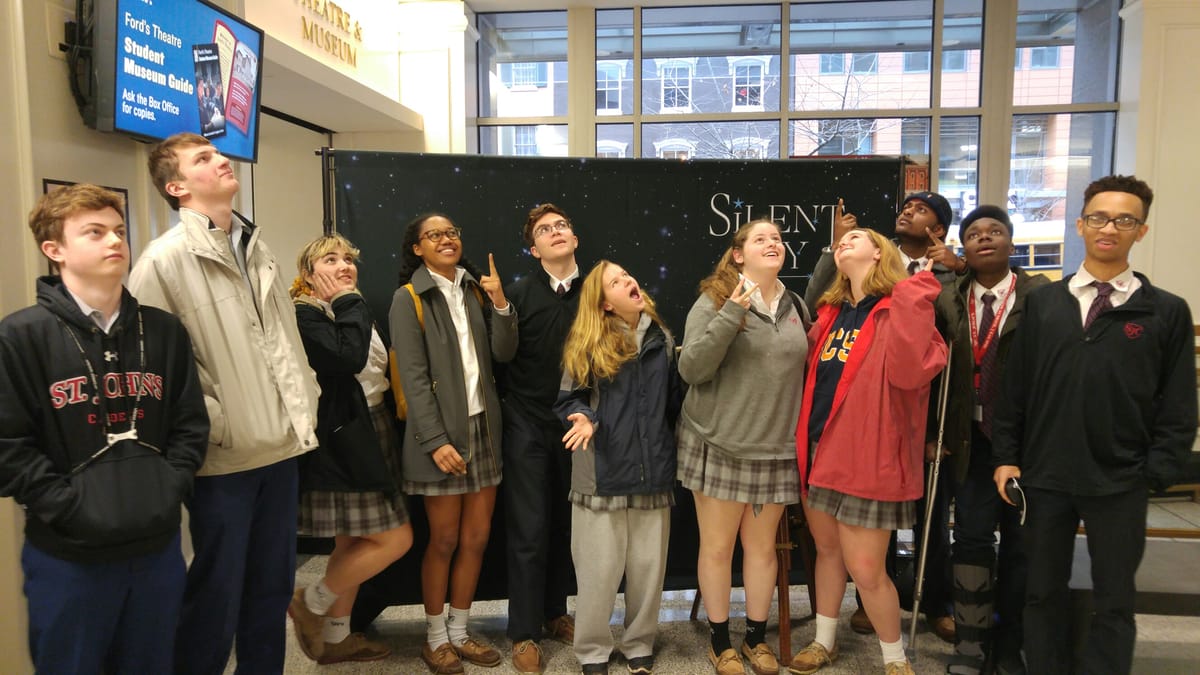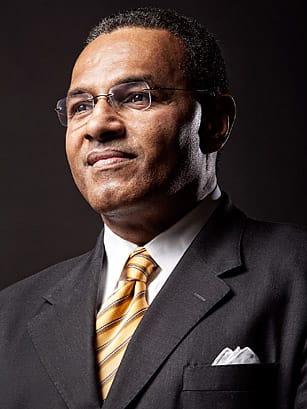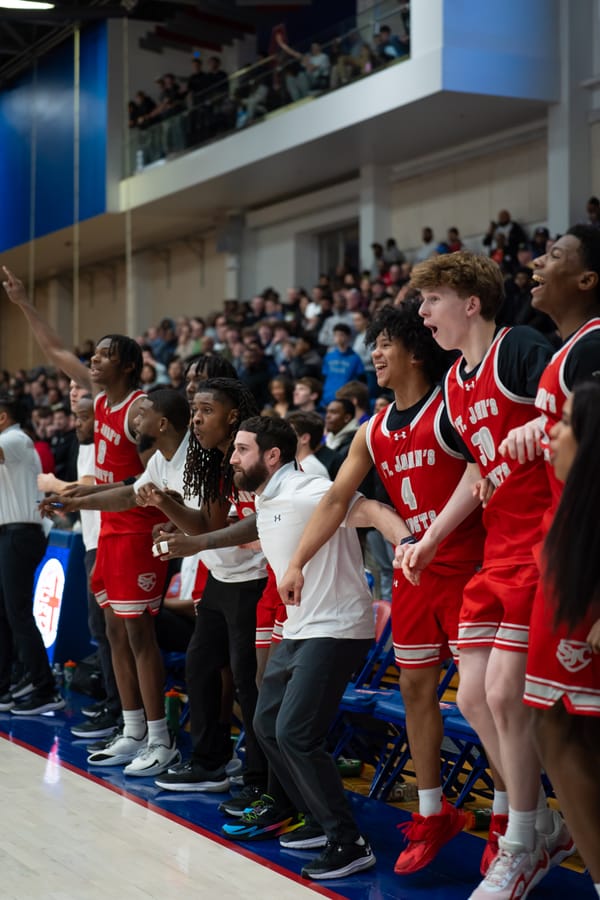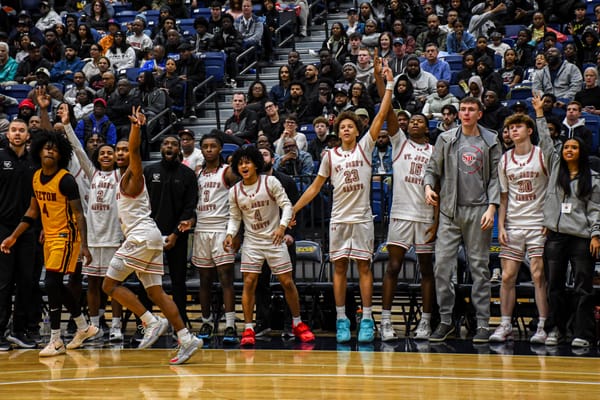Astronomy students experience history through theatre

 On Thursday, Feb. 13, a group of students from Mr. Howarth’s astronomy class and the Astronomy Club traveled to Ford’s Theatre to see a production of Lauren Gunderson’s Silent Sky.
On Thursday, Feb. 13, a group of students from Mr. Howarth’s astronomy class and the Astronomy Club traveled to Ford’s Theatre to see a production of Lauren Gunderson’s Silent Sky.
The play tells the story of Henrietta Swan Leavitt, an early astronomer who worked against limited roles for women in science at the Harvard College Observatory. She spent years working without pay, and even when she was able to do research rather than calculations, she struggled to receive credit.
But in 1912, she published her research on the relationship between the brightness of a star and the time period between cycles of changes in its brightness. Her work helped future astronomers measure the distance between stars and the earth and eventually assisted Edwin Hubble’s discovery of the first galaxy outside of the Milky Way.
Tia Wilson ’20 said that “it was a pretty interesting story. I didn’t know that there were all women doing [the calculations] and about all the discoveries they found.”
Zachary Magrogan ’20, vice president of Astronomy Club, said that he liked how the play made the story accessible. “They made it seem that what she discovered was not as complicated or complex as it actually was,” he said.
Leavitt catalogued more than 2,400 stars over 28 years working at Harvard, and in 1921, she was named head of stellar photometry. Even though she passed away later that year, she was nominated for the 1925 Nobel Prize for her research.
Mr. Howarth learned about the play previously while teaching in McLean, VA, but was unable to attend at that point. When he heard about the production at Ford’s Theatre, he knew he had to bring his students.
Howarth said Levitt’s achievements were amazing. “If it weren’t for her determining how to measure how far stars away were, astronomers would be grasping around in the dark, literally,” he said afterwards. “She died too soon and deserved the Nobel Prize.”
The trip brought together people of different interests. James Holt ’20 said he went because “I’m really into history and I wanted to see Ford’s Theatre,” but also said that “it’s pretty crazy what she discovered.”
Sophia Harrison ’20, a theatre student, said, “I’m not super into astronomy as a whole, but I think they made it really fascinating,” and thought the production was well done.
If you missed the trip, the Ford’s Theatre Society will be performing through Feb. 23. For more information, visit fords.org.




